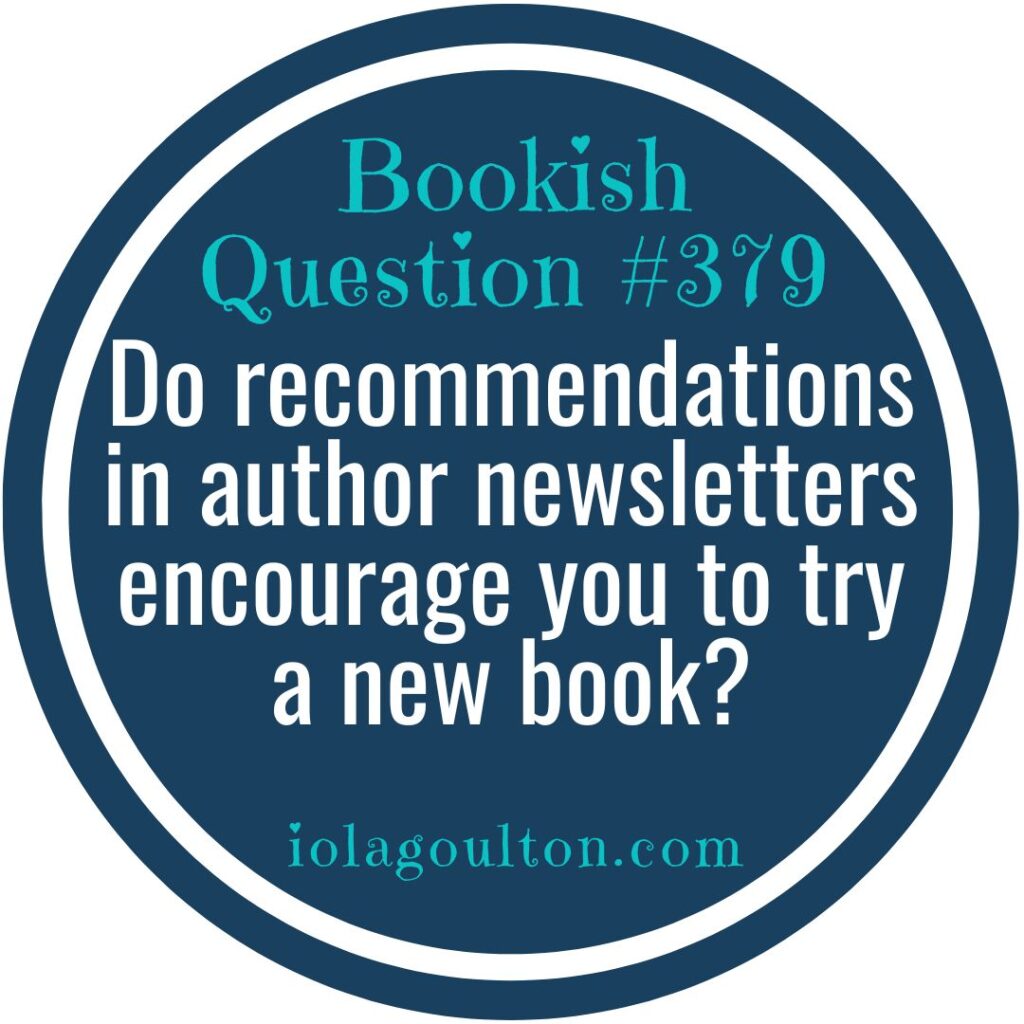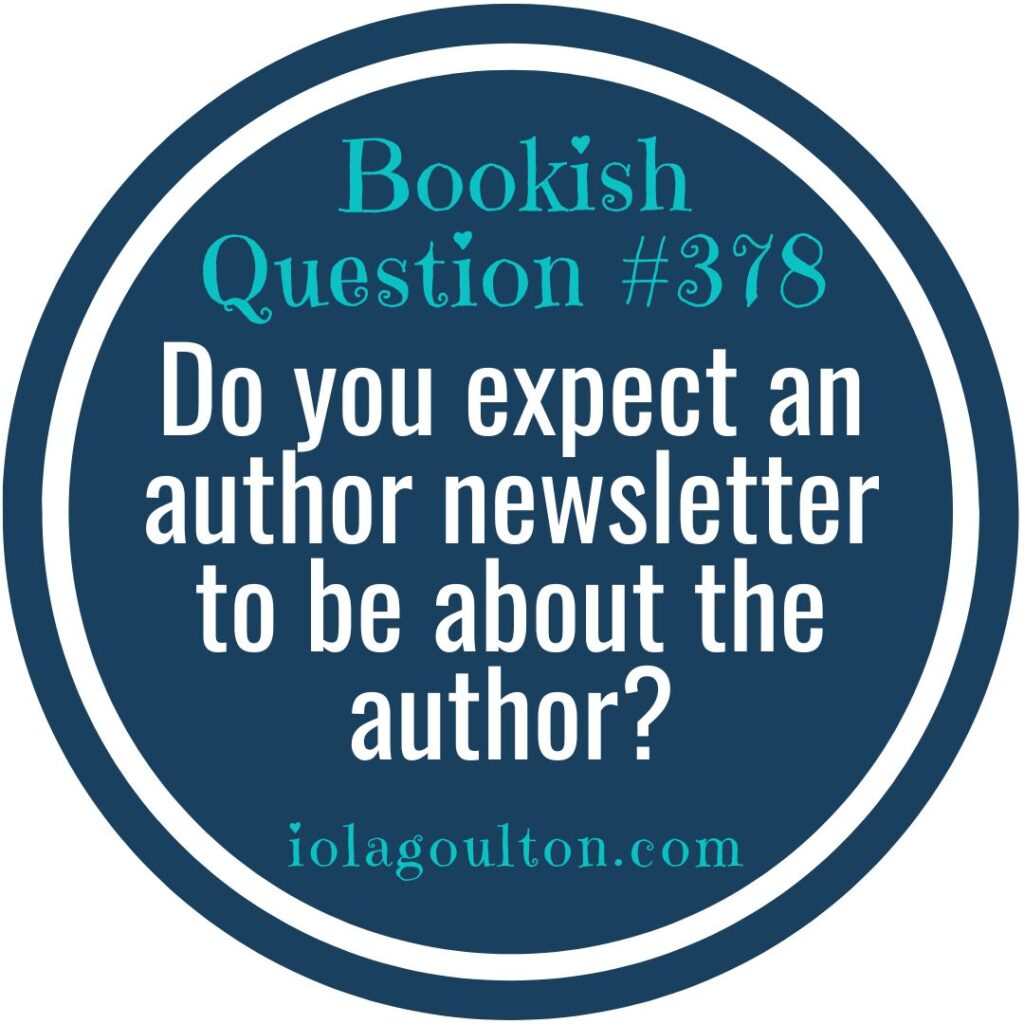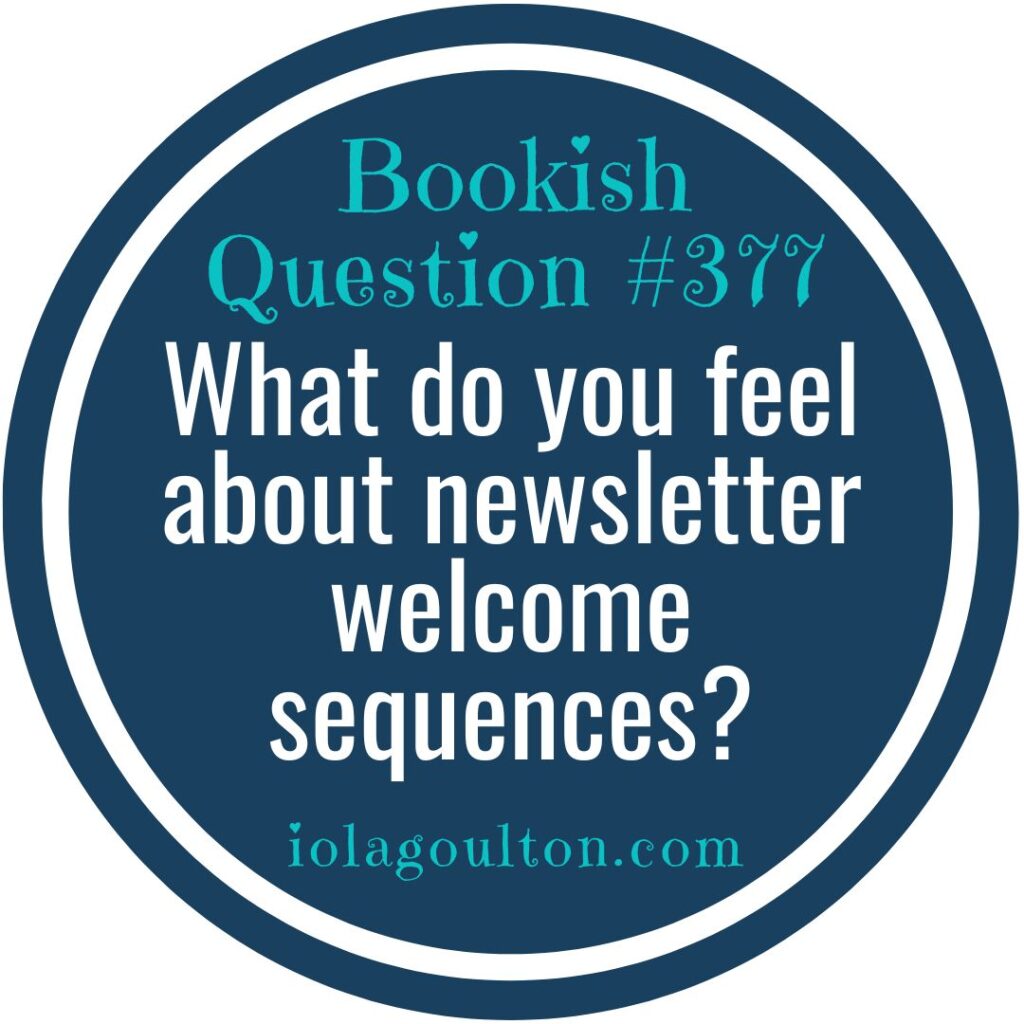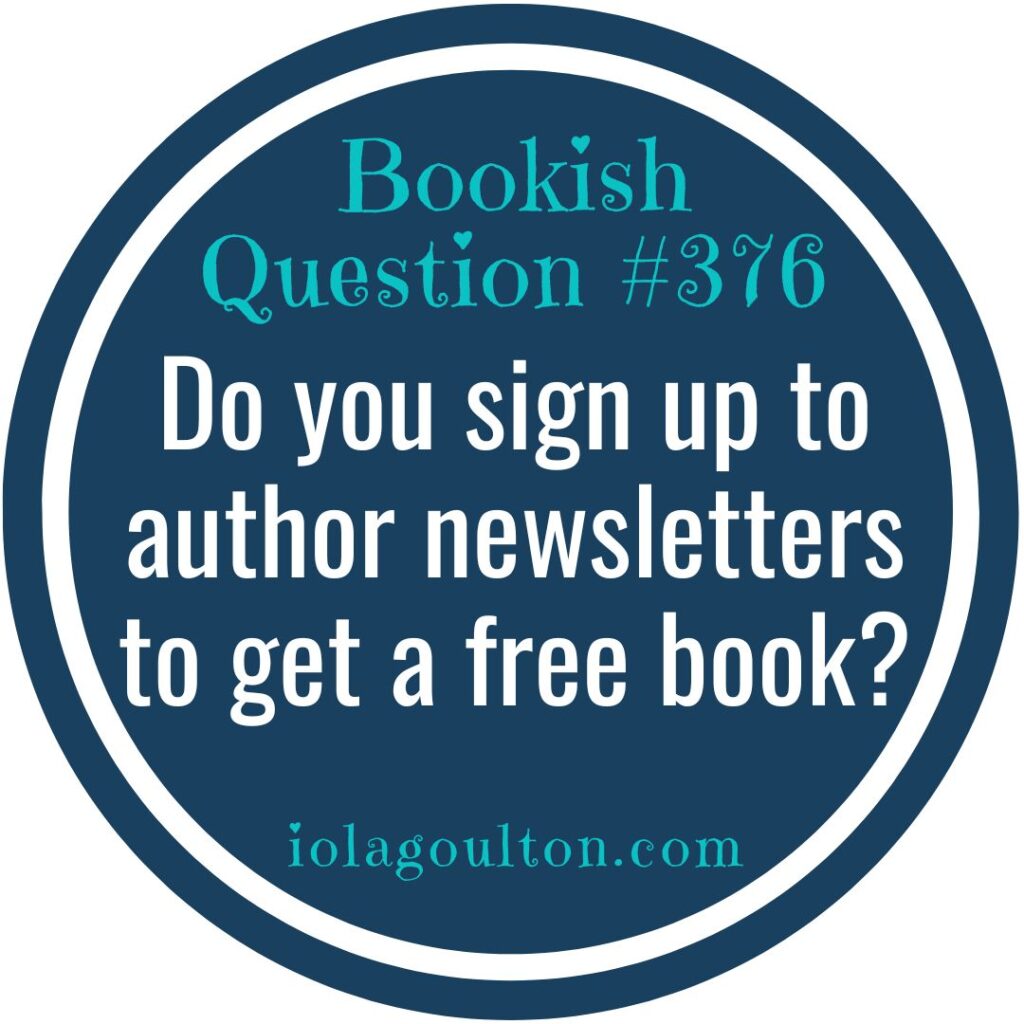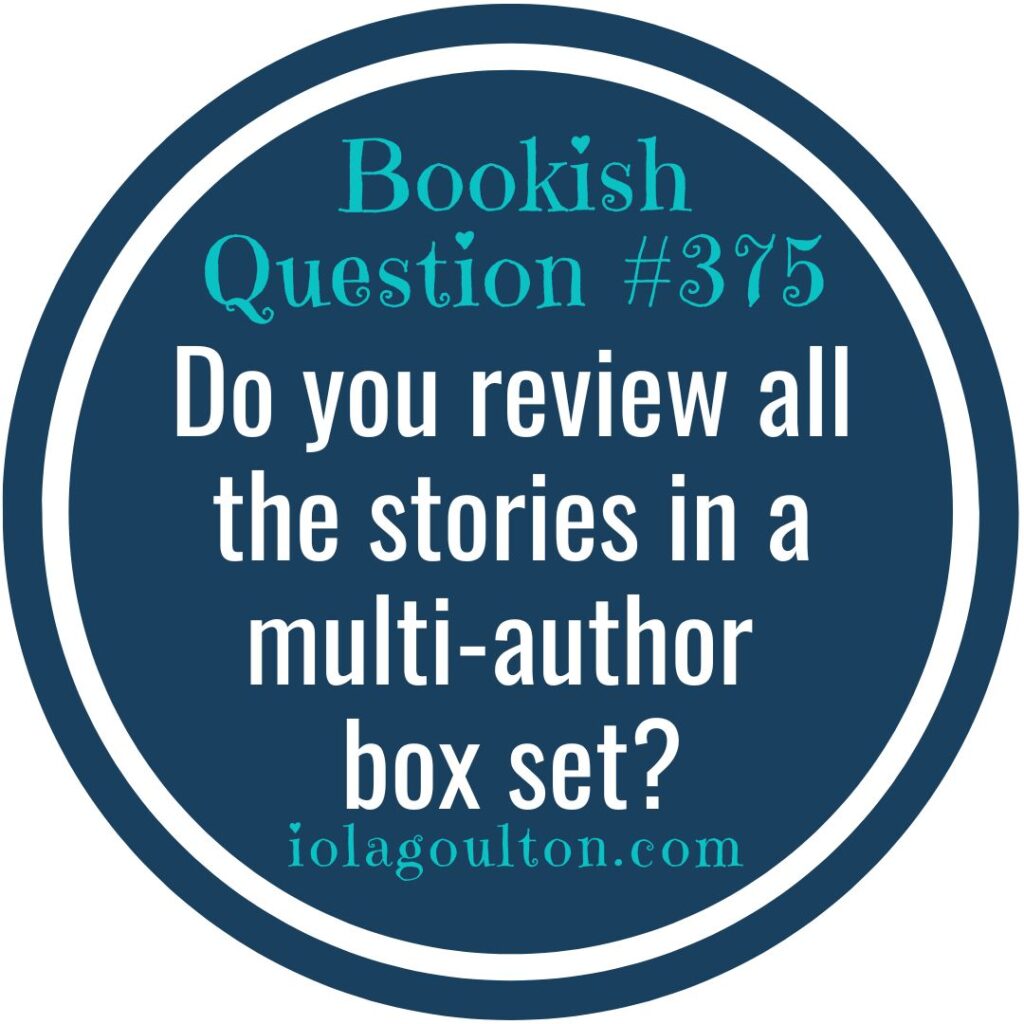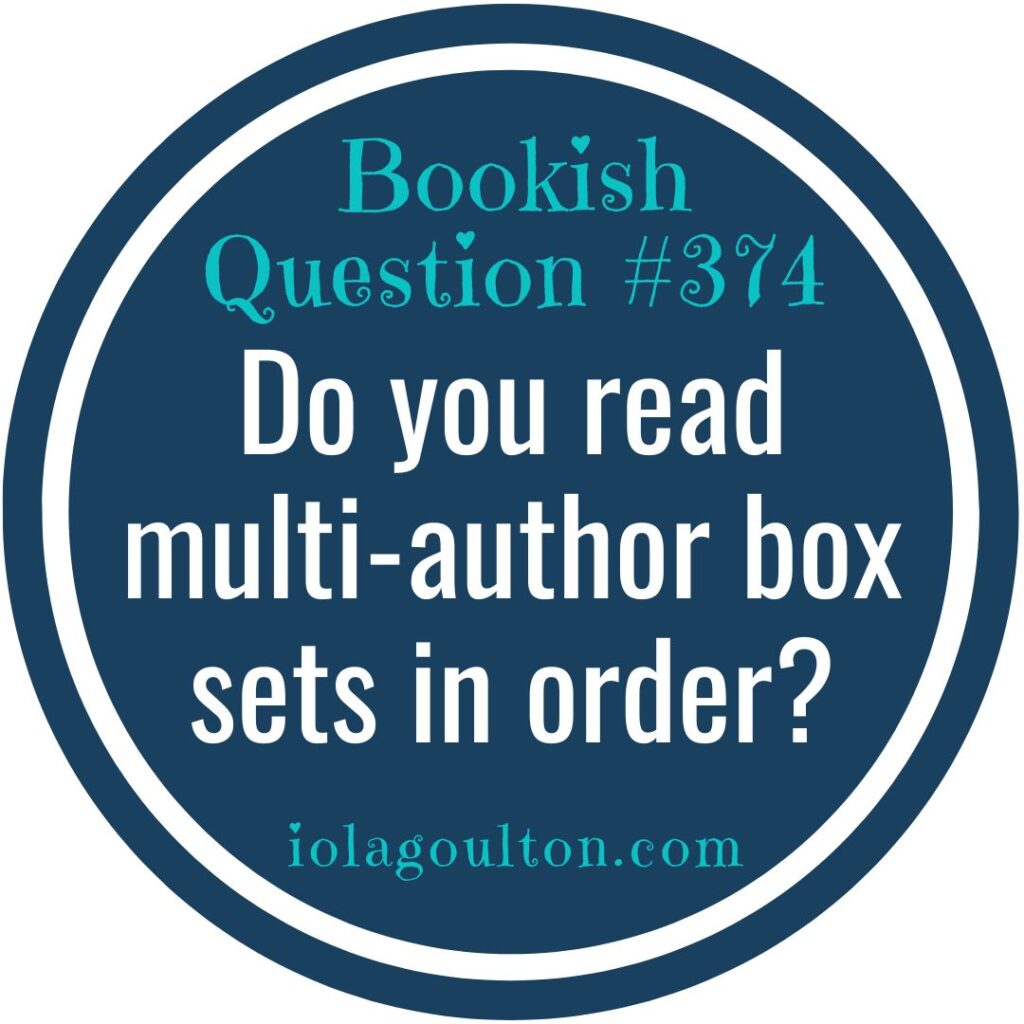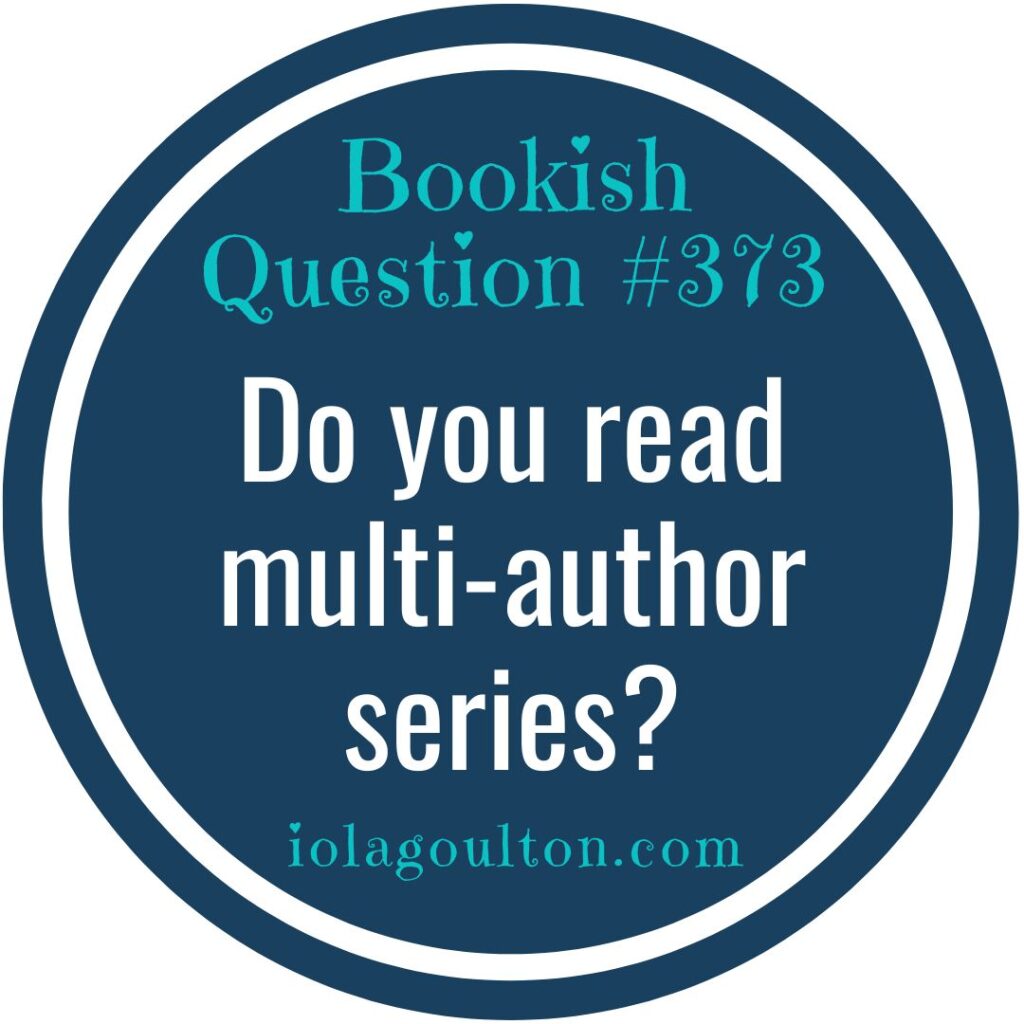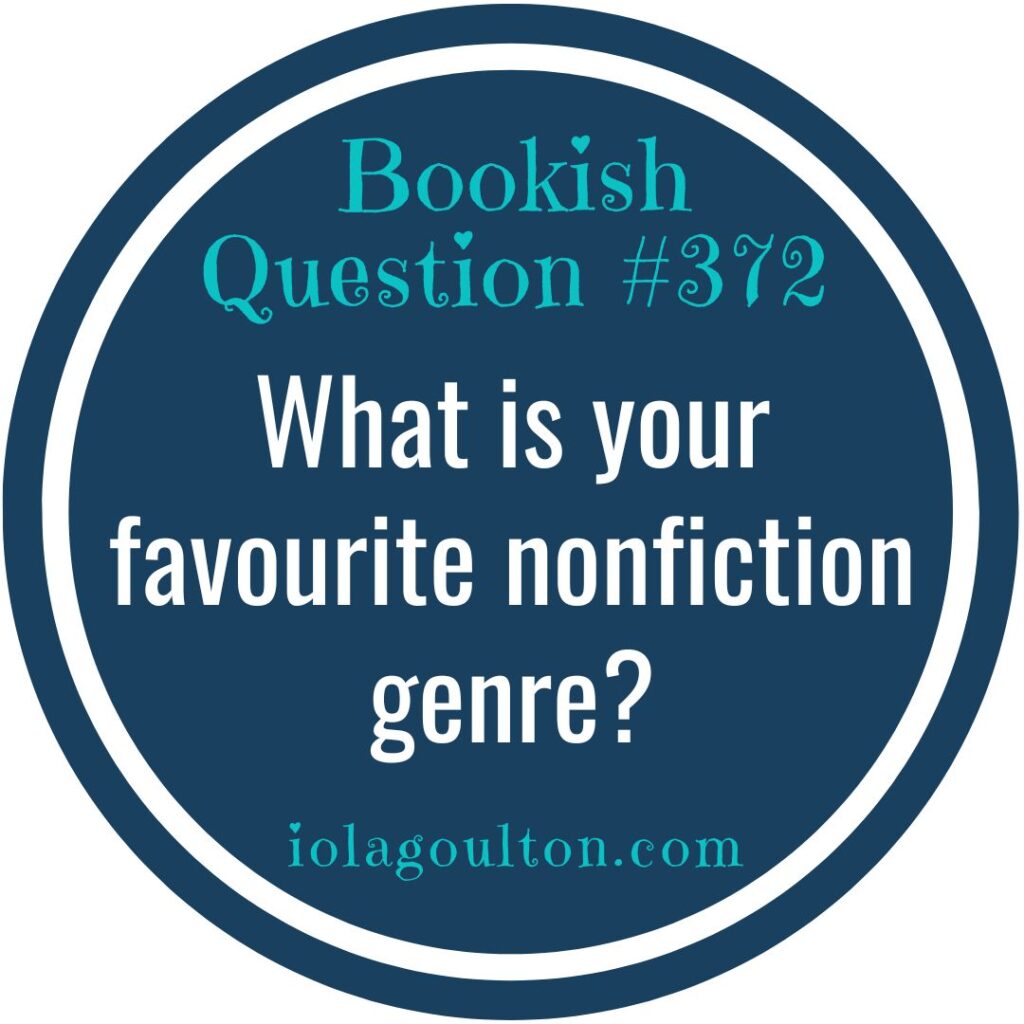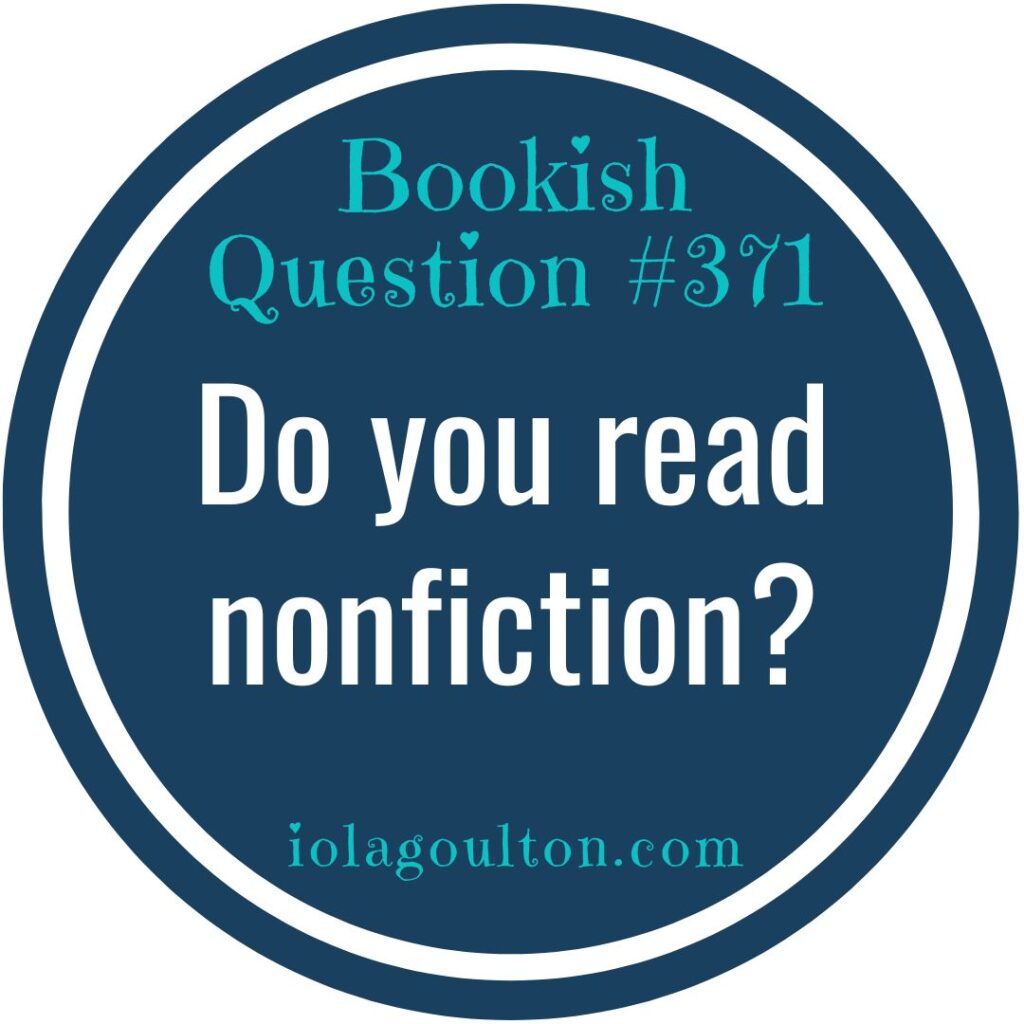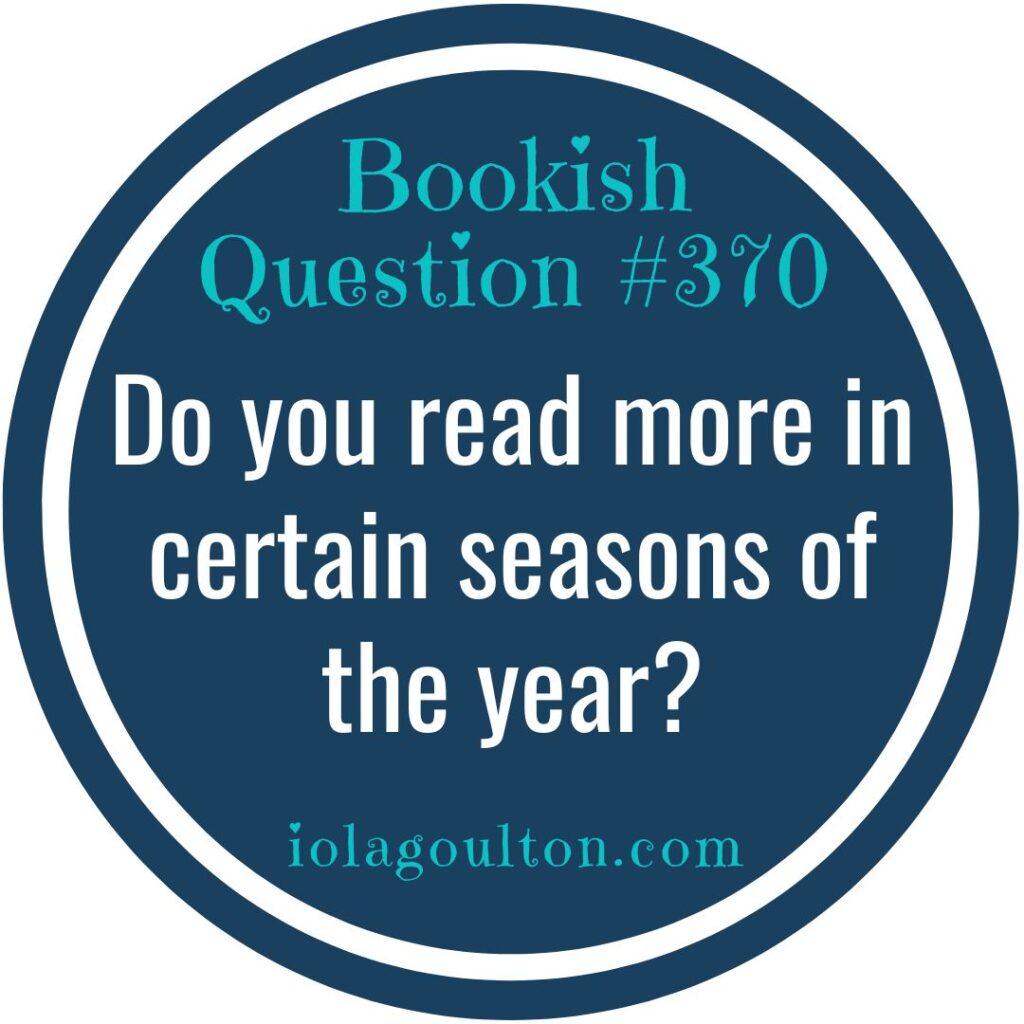Do recommendations in author newsletters encourage you to read a book by another author?
Yes … if it really is a recommendation.
(And not just an advertisement.)
If an author whose books I enjoy recommend a book I haven’t read, then I’m going to pay attention to that recommendation. It makes sense. If I like toast and I like avocado, then it makes sense that I’m going to like avocado on toast.
(I’m lucky enough to live in an area where there are a lot of avocado trees, and it’s not uncommon to be able to buy a bag for a few dollars from a roadside honesty box).
But there has been a trend for authors to do a “newsletter swap”, where Author A shares a book by Author B in their newsletter, and Author B shares a book by Author A.
These swaps are often shared as recommendations, and some have been … disappointing.
I later learned these authors aren’t reading the books they promote in their newsletters. It’s simply a promotion technique to get their books in front of a new set of readers. As a result, I’ve stopped clicking through on these kinds of shares unless it’s clear the author is recommending the book. In some cases, I’ve unsubscribed from the author newsletter because it was no longer about the author.
But I will still buy or read books based on the recommendations of other authors when it’s clear they’ve read and enjoyed the book.
After all, authors are (or should be) readers too, and reading books by authors I love is a great way of finding new books and authors I will enjoy.

